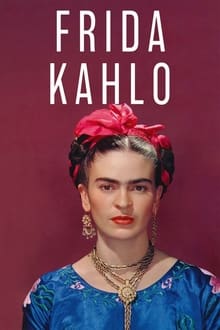
She was a prolific self-portraitist, using the canvas as a mirror through all stages of her turbulent and, at times, tragic life. This highly engaging film takes us on a journey through the life of one of the most prevalent female icons: Frida Kahlo. Displaying a treasure trove of colour and a feast of vibrancy on screen, this personal and intimate film offers privileged access to her works and highlights the source of her feverish creativity, her resilience and her unmatched lust for life, men, women, politics and her cultural heritage.
You May Also Like

Based on a true story. Five high school cheerleaders, including the daughter of the school principal, run amok — and teachers, parents and administrators allow them to get away with a wide range of scandalous behavior. Known as the “Fab Five,” the girls disregard school rules, drink alcohol and post suggestive pictures on the Internet. But when the new cheerleading coach attempts to discipline them, her superiors ask her to resign.

As Australian cinema broke through to international audiences in the 1970s through respected art house films like Peter Weir’s “Picnic At Hanging Rock,” a new underground of low-budget exploitation filmmakers were turning out considerably less highbrow fare. Documentary filmmaker Mark Hartley explores this unbridled era of sex and violence, complete with clips from some of the scene’s most outrageous flicks and interviews with the renegade filmmakers themselves.
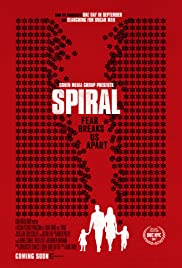
A look at the rise of anti-Semitism and assaults against Jews in present-day France.
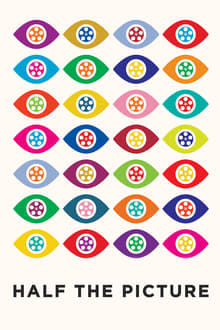
At a pivotal moment for gender equality in Hollywood, successful women directors tell the stories of their art, lives and careers. Having endured a long history of systemic discrimination, women filmmakers may be getting the first glimpse of a future that values their voices equally.

The story of the 1973 hockey season when aging legend Gordie Howe returned to the ice at the age of 44.
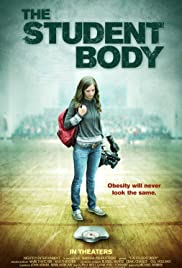
When a brave high school student takes a stand against state-mandated BMI tests of her peers, she finds herself in the middle of a heated national controversy, sparking a battle of wills between herself and government officials.

Camí Lliure (Free Way) is a film that goes deep into the mind, heart and creativity of chef Raül Balam. Achieving excellence in the competitive culinary world is a task that requires hard work, which is no problem for him, because that example has always been present in his mother, Carme Ruscalleda. For several years, Raül was immersed in the world of drug addiction, which meant he was unable to be a rational person who liked to enjoy life. It also prevented him from growing more professionally. Nevertheless, he finally succeeded in standing up and being the person that he is today, the real Raül. His family is a fundamental pillar and now he sets himself increasingly higher challenges in which he combines his passion for cooking with the extravagant daily activities he publishes on Instagram. This documentary shows part of his journey since the closure of Sant Pau, his mother’s 3-star restaurant.

Maria, Tirloi and their relatives have no choice: in their Romanian Roma village there is no work. In order to survive and provide for their families at home, they go begging in Hamburg.
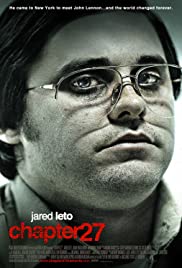
The movie takes place in the three days leading up to Lennon’s murder and is intended to be an exploration of Chapman’s psyche, without putting substantial emphasis on the murder. The title “Chapter 27” suggests a continuation of J.D. Salinger’s novel The Catcher in the Rye, which has 26 chapters, and which Chapman was carrying when he shot Lennon. Chapman was obsessed with the book, to the point
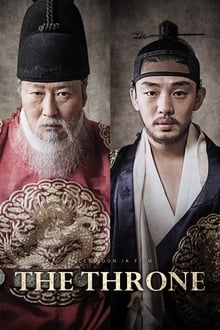
In the year of 1762, when King Yeongjo of the Joseon dynasty’s been ruling for 35 years already, Crown prince Sado is accused of plotting treason by his biological mother lady Yi. Yeongjo falls into a dilemma since he could not penalize his own son as a traitor as it would mean that he would become the father of a traitor threatening his throne, and ends up ordering Sado to take his own life. As Sado’s lieges oppose Yeongjo’s decision by putting their own lives at risk, Yeongjo locks Sado in a wooden rice chest.
Locked up without being given a single drop of water, Sado is also deprived from succeeding the throne, having his son take his place as an heir. On the 8th day inside the chest, Sado faces death. The movie follows the most tragic and iconic 8 days in the history of Joseon Dynasty disclosing what forced a father to kill his own son.

David Harewood had a psychotic breakdown and was sectioned in his 20s. David traces his steps, meeting young people living with psychosis and the NHS professionals who treat them.